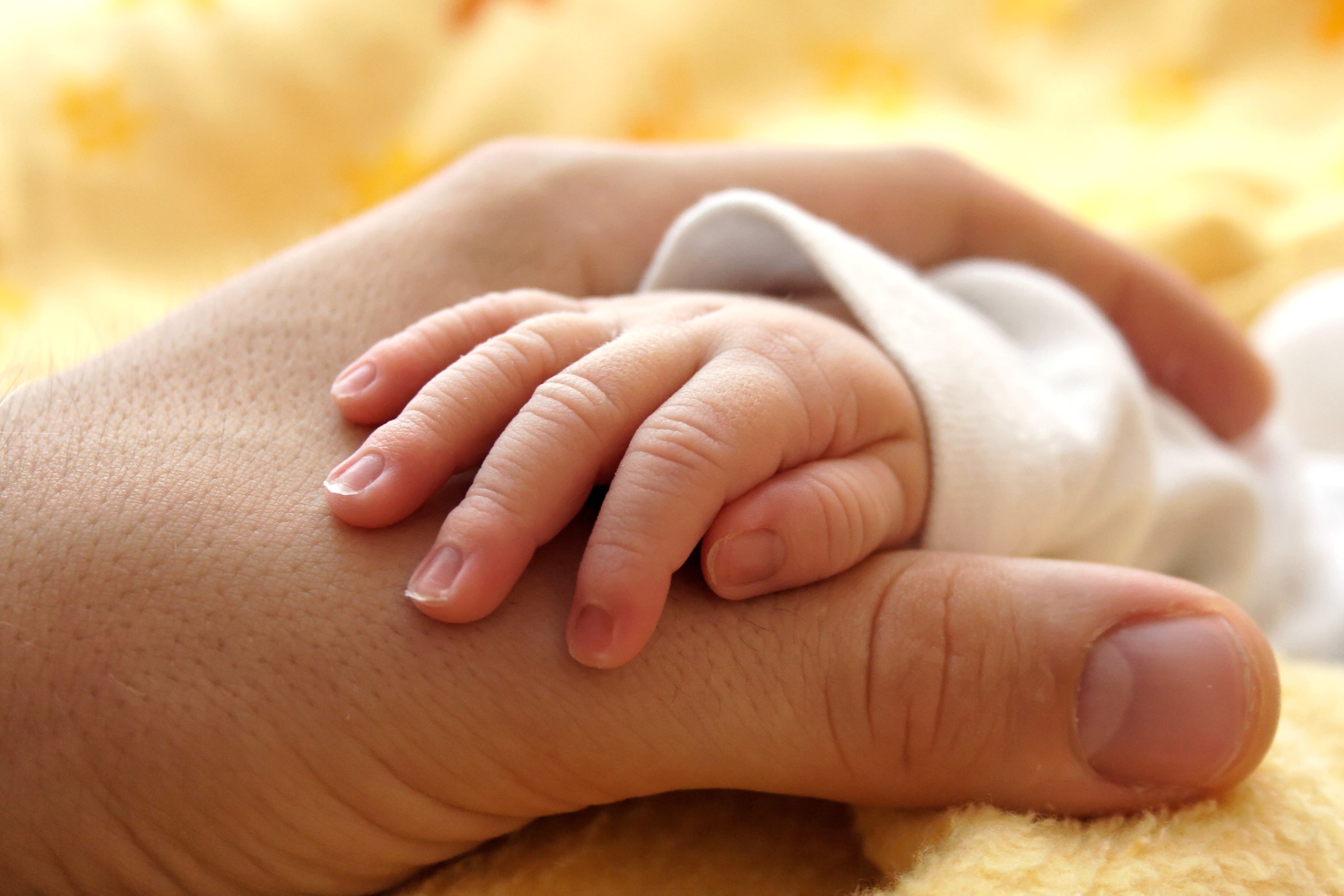
Hereditary defects of metabolism: tyrosinaemia
Hereditary tyrosinaemia is a genetic metabolic defect associated with severe liver disease in childhood. For the disease to develop, both parents must be carriers of the gene that causes it
In these families, there is a one in four chance that pregnant women will give birth to a sick child.
In the so-called acute form, changes occur during the first month of life: children show reduced growth, splenomegaly, hepatomegaly, a tense abdomen, swollen legs and a tendency to bleed, particularly from the nose.
Jaundice may be accentuated.
Despite powerful therapy, death often occurs between 3 and 9 months of age due to liver failure.
CHILD HEALTH: LEARN MORE ABOUT MEDICHILD BY VISITING THE BOOTH AT EMERGENCY EXPO
Children suffering from this disease are candidates for liver transplantation.
Diagnosis of tyrosinaemia
A prenatal diagnosis is possible by measuring the fumarilacetoacetate hydrolase found in the cells of the amniotic fluid.
RARE DISEASES, VISIT THE UNIAMO BOOTH AT EMERGENCY EXPO
This method makes it possible to consider termination of pregnancy for the affected foetus.
Although the treatment has not proved effective, children with tyrosinaemia are usually prescribed a diet with low doses of phenylalanine and tyrosine
This lowers amino acid levels in the blood.
Great attention is paid to good nutrition and the intake of adequate vitamins and minerals, which help keep the patient in good condition for transplantation, still the best form of therapy.
Read Also:
Emergency Live Even More…Live: Download The New Free App Of Your Newspaper For IOS And Android
Zika Linked To Guillain-Barre Syndrome In New Study
Down Syndrome And COVID-19, Research At Yale University
Rescue Training, Neuroleptic Malignant Syndrome: What It Is And How To Deal With It
Guillain-Barré Syndrome, Neurologist: ‘No Link To Covid Or Vaccine’
Facial Nerve Injuries: Bell’s Palsy And Other Causes Of Paralysis
Rare Diseases: Russian Economist Anatoly Chubais Diagnosed With Guillain Barré Syndrome
Ultrarare Diseases: First Guidelines For Malan Syndrome Published


